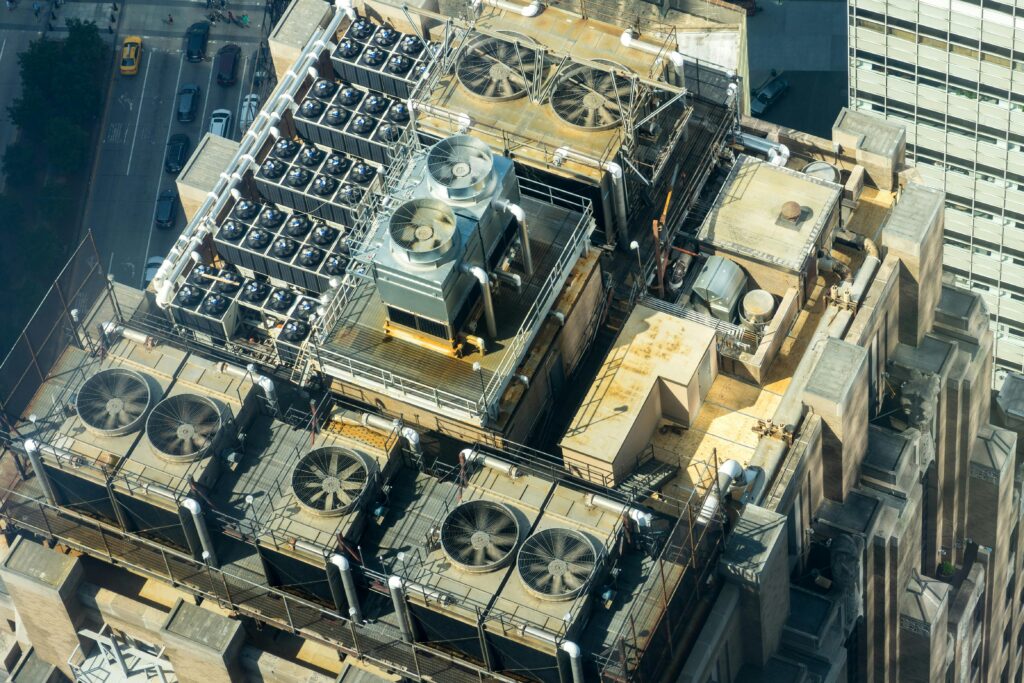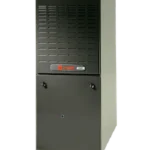
In the intricate network of a contemporary residence or business establishment, the HVAC (Heating, Ventilation, and Air Conditioning) system acts as a vigilant overseer, diligently managing temperature, humidity, and air quality. However, akin to any sophisticated apparatus, HVAC systems necessitate regular upkeep to operate at their best. This exposition examines the significance of consistent HVAC maintenance, emphasizing its effects on comfort, efficiency, and durability.
Primarily, routine HVAC maintenance is crucial for guaranteeing indoor comfort. Visualize the discomfort of a scorching summer day or a bone-chilling winter night deprived of a functional air conditioning or heating unit. HVAC systems left unattended are prone to malfunctions, resulting in inconvenient and uncomfortable circumstances for occupants. Regular upkeep involves activities such as cleaning or substituting air filters, lubricating moving components, and examining electrical connections, all of which contribute to dependable performance and uniform comfort throughout the year.
Furthermore, the importance of regular HVAC maintenance transcends mere comfort; it directly impacts energy efficiency. An efficiently operating HVAC system consumes less energy, leading to decreased utility bills and a diminished environmental footprint. Neglected systems are notorious for inefficiency, with dirt and debris accumulation, restricted airflow, and premature component wear. Regular maintenance tackles these issues by enhancing system performance, ensuring it operates at peak efficiency levels. From cleansing condenser coils to adjusting thermostats, each maintenance task aids in reducing energy consumption and maximizing savings for property owners and enterprises alike.
Moreover, regular HVAC maintenance is imperative for extending the lifespan of the system. An HVAC system represents a significant investment, and proper maintenance acts as an insurance policy against untimely failure. Neglecting maintenance accelerates component deterioration, resulting in costly repairs or premature replacements. Conversely, routine inspections and preemptive measures can identify potential issues early, facilitating timely repairs and prolonging the system’s lifespan. With adequate care, an HVAC system can deliver reliable service for many years, providing peace of mind and alleviating the financial burden of unforeseen breakdowns.
Additionally, regular HVAC maintenance contributes to indoor air quality, a pivotal aspect of occupant health and well-being. Over time, contaminants such as dust, pollen, mold, and others accumulate within HVAC systems, circulating throughout indoor spaces and potentially causing respiratory ailments or allergies. By routinely cleaning and inspecting HVAC components, including air ducts, filters, and coils, contaminants can be eliminated, thereby enhancing indoor air quality. This holds particular significance in commercial environments, where occupants spend extended periods indoors, and poor indoor air quality can significantly impact productivity and health.
In conclusion, regular HVAC maintenance is not merely a suggested practice; it is an indispensable component of responsible property management. By prioritizing routine maintenance tasks such as cleaning, lubricating, inspecting, and servicing HVAC systems, occupants can enjoy consistent comfort, improved energy efficiency, prolonged system lifespan, and enhanced indoor air quality. Additionally, proactive maintenance aids in preventing costly breakdowns and repairs, ultimately saving both time and money in the long run. Hence, let us acknowledge the vital significance of regular HVAC maintenance and commit to ensuring the optimal performance and longevity of our HVAC systems.






